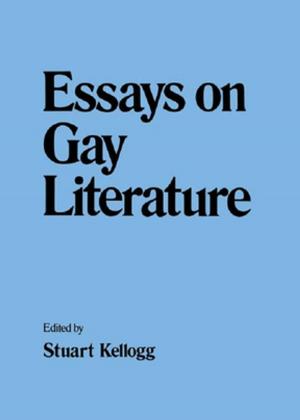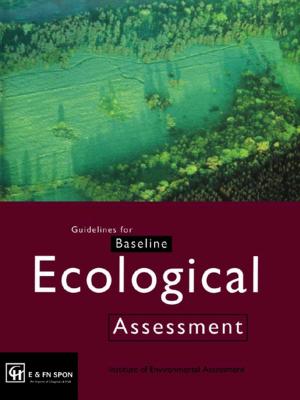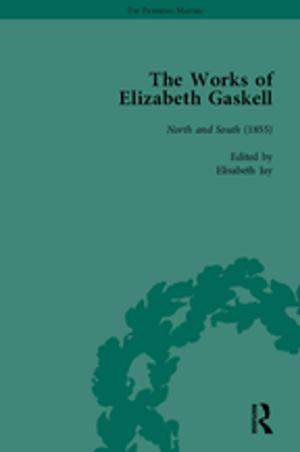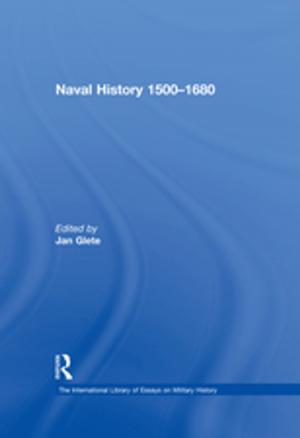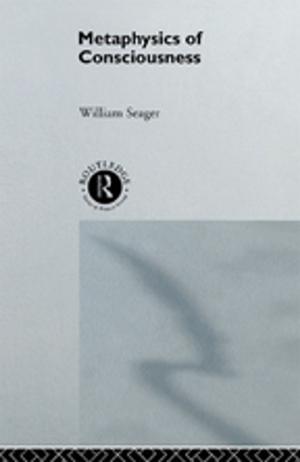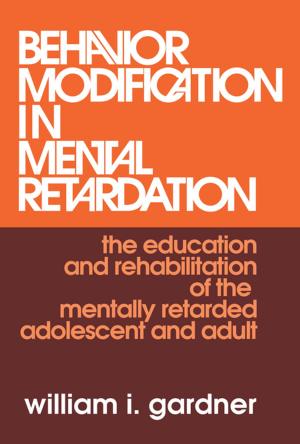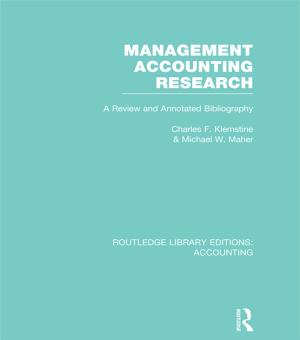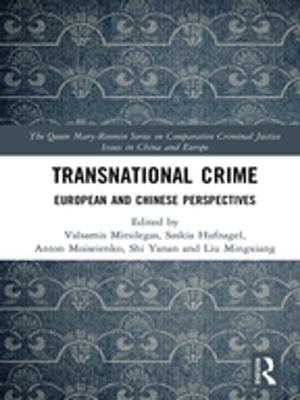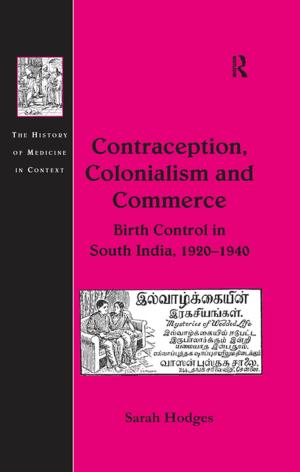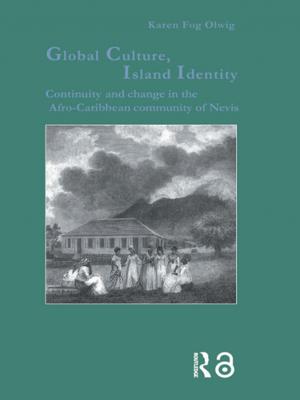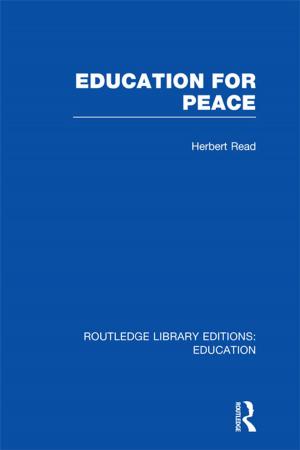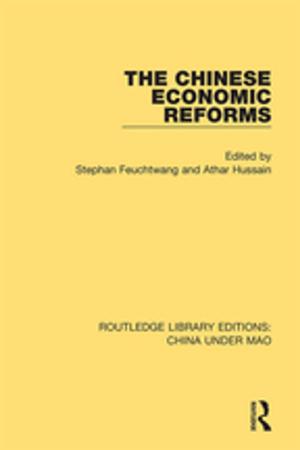| Author: | Steven Matthews | ISBN: | 9781351144704 |
| Publisher: | Taylor and Francis | Publication: | November 22, 2017 |
| Imprint: | Routledge | Language: | English |
| Author: | Steven Matthews |
| ISBN: | 9781351144704 |
| Publisher: | Taylor and Francis |
| Publication: | November 22, 2017 |
| Imprint: | Routledge |
| Language: | English |
This study re-evaluates the religious beliefs of Francis Bacon and the role which his theology played in the development of his program for the reform of learning and the natural sciences, the Great Instauration. Bacon's Instauration writings are saturated with theological statements and Biblical references which inform and explain his program, yet this aspect of his writings has received little attention. Previous considerations of Bacon's religion have been drawn from a fairly short list of his published writings. Consequently, Bacon has been portrayed as everything from an atheist to a Puritan; scholarly consensus is lacking. This book argues that by considering the historical context of Bacon's society, and his conversion from Puritanism to anti-Calvinism as a young man, his own theology can be brought into clearer focus, and his philosophy more properly understood. After leaving his mother's household, Bacon underwent a transformation of belief which led him away from his mother's Calvinism and toward the writings of the ancient Church Fathers, particularly Irenaeus of Lyon. Bacon's theology increasingly came to reflect the theological interests of his friend and editor Lancelot Andrewes. The patristic turn of Bacon's belief in the last two decades of the reign of Elizabeth significantly affected the development of his philosophical program which was produced in the first two decades of the Stuart era. This study then examines the theology present in the Instauration writings themselves and concludes with a consideration of the effect which Bacon's theology had on the subsequent direction of empirical science and natural theology in the English context. In so doing it not only offers a new perspective on Bacon, but will serve as a contribution toward a better understanding of the religious context of, and motivations behind, empirical science in early modern England.
This study re-evaluates the religious beliefs of Francis Bacon and the role which his theology played in the development of his program for the reform of learning and the natural sciences, the Great Instauration. Bacon's Instauration writings are saturated with theological statements and Biblical references which inform and explain his program, yet this aspect of his writings has received little attention. Previous considerations of Bacon's religion have been drawn from a fairly short list of his published writings. Consequently, Bacon has been portrayed as everything from an atheist to a Puritan; scholarly consensus is lacking. This book argues that by considering the historical context of Bacon's society, and his conversion from Puritanism to anti-Calvinism as a young man, his own theology can be brought into clearer focus, and his philosophy more properly understood. After leaving his mother's household, Bacon underwent a transformation of belief which led him away from his mother's Calvinism and toward the writings of the ancient Church Fathers, particularly Irenaeus of Lyon. Bacon's theology increasingly came to reflect the theological interests of his friend and editor Lancelot Andrewes. The patristic turn of Bacon's belief in the last two decades of the reign of Elizabeth significantly affected the development of his philosophical program which was produced in the first two decades of the Stuart era. This study then examines the theology present in the Instauration writings themselves and concludes with a consideration of the effect which Bacon's theology had on the subsequent direction of empirical science and natural theology in the English context. In so doing it not only offers a new perspective on Bacon, but will serve as a contribution toward a better understanding of the religious context of, and motivations behind, empirical science in early modern England.

